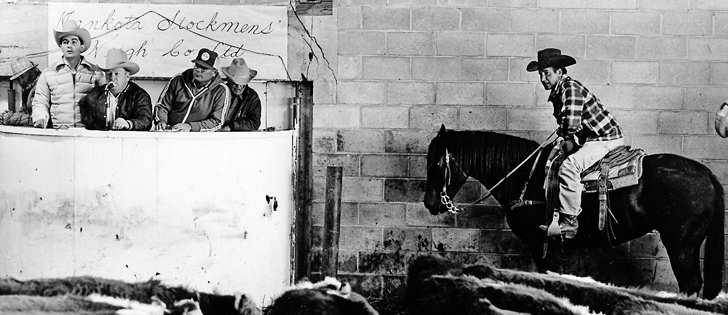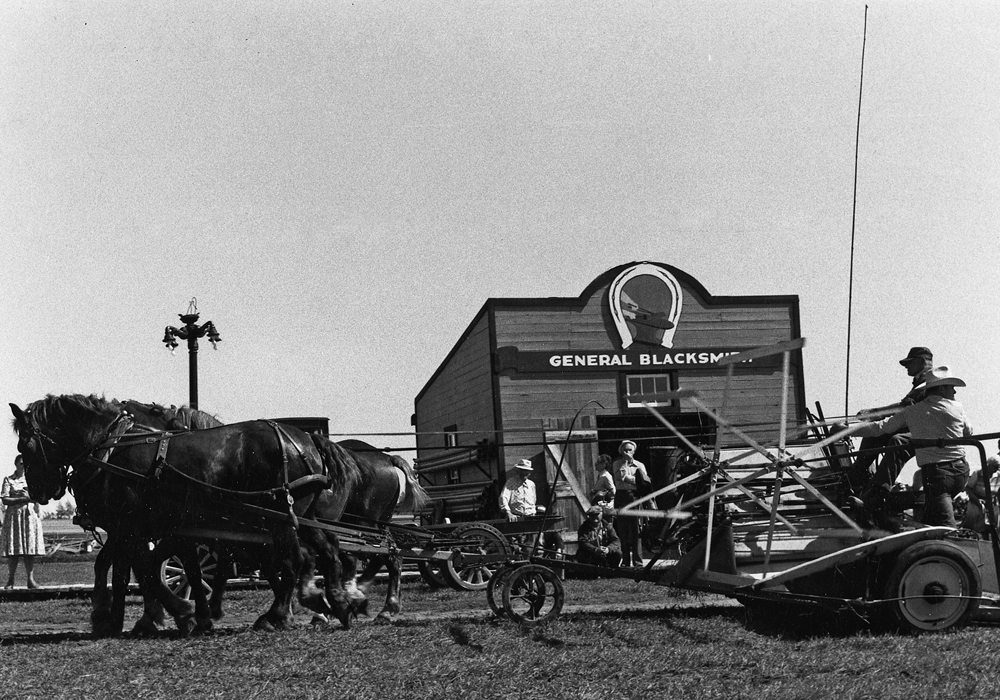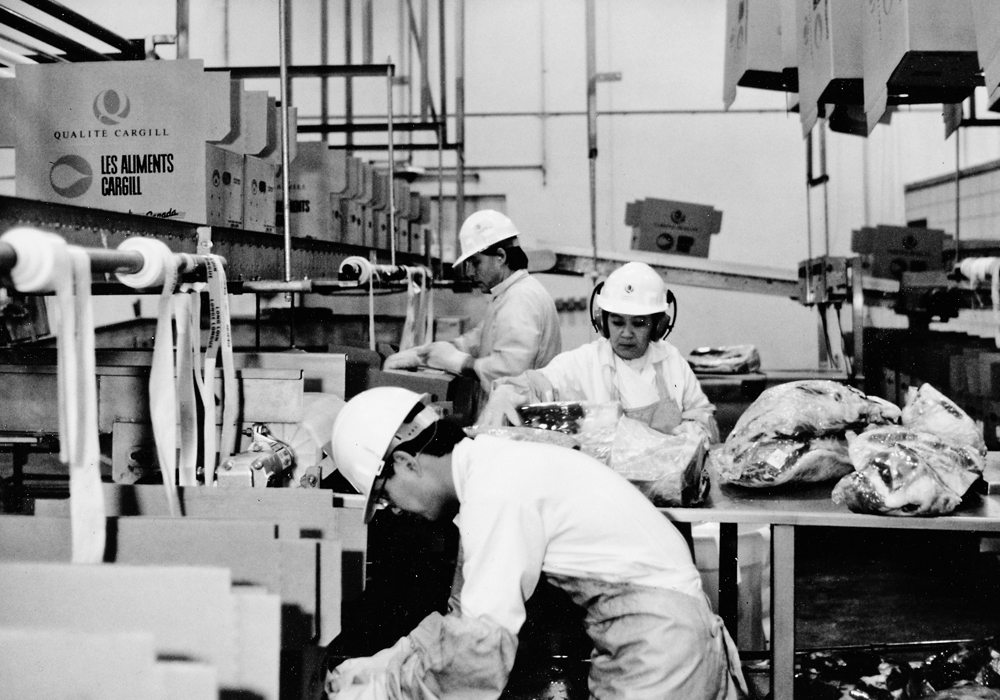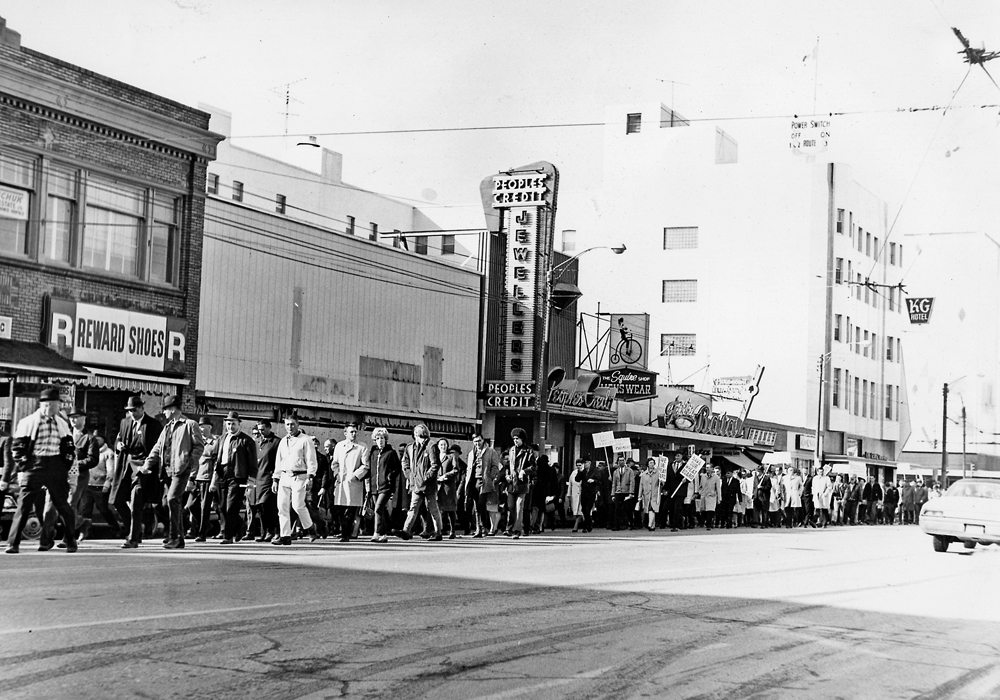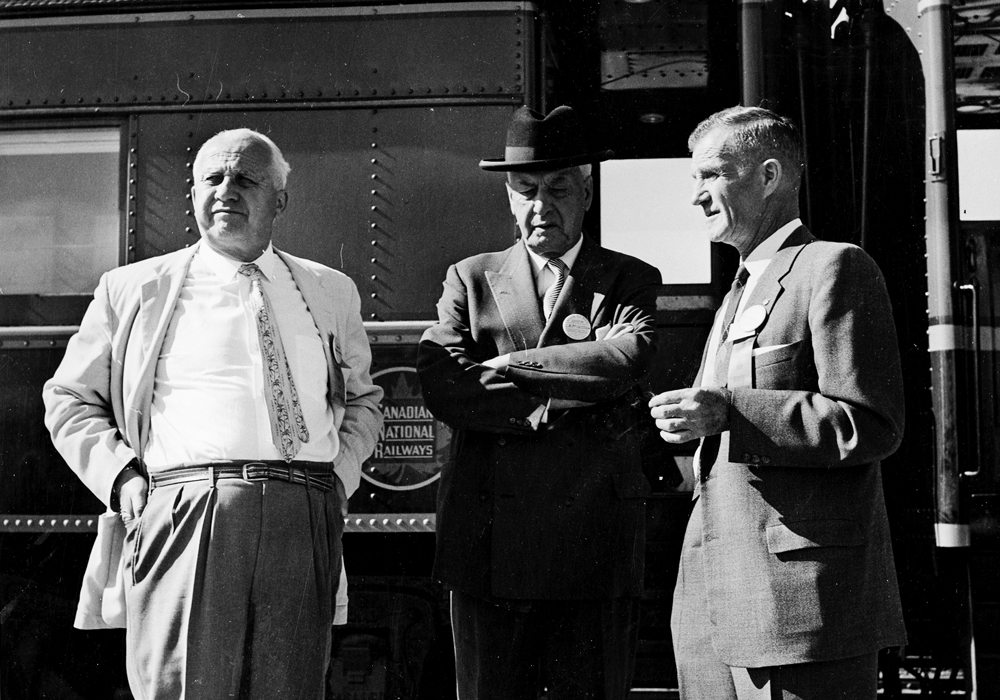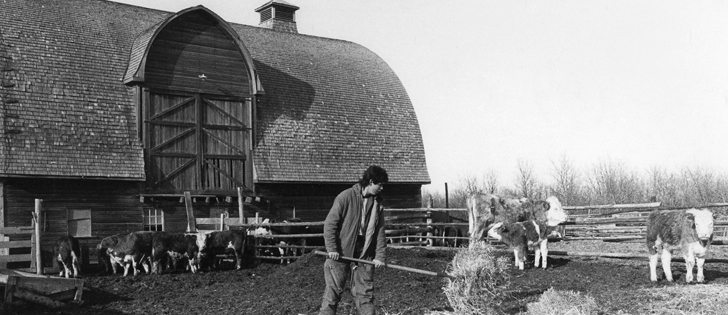The Western Producer takes a weekly look at some of the stories that made headlines in issues of the paper from 75, 50, 25 and 10 years ago.
75 years ago: Jan. 22, 1942
The Wartime Prices and Trade Board announced regulations limiting the amount of farm machinery and parts that could be manufactured in and imported to Canada.
The move, which also required specific terms of payment on all sales, was prompted by similar restrictions in the United States. E.C. Hope, head of the University of Saskatchewan’s farm management department, criticized the restrictions, saying they would significantly hamper agricultural production in the country.
Read Also

Farmer ownership cannot be seen as a guarantee for success
It’s a powerful movement when people band together to form co-ops and credit unions, but member ownership is no guarantee of success.
Organizers of a petition in Sask-atchewan demanding improved federal agriculture policy were considering sending two special trains to Ottawa to deliver delegates carrying the petition, which had collected nearly 175,000 signatures.
A Canadian National Railway train would leave from Saskatoon and a Canadian Pacific Railway train would leave from Regina.
50 years ago: Jan. 26, 1967
Progressive Conservative MPs worked with minor parties in Parliament to defeat a section of the minority Liberal government’s transportation bill that could have sent federal subsidies to the railways for the movement of grain and grain products under the Crow’s Nest Pass Rate. The vote was 59-58 in committee. The PCs saw the section as a government device to reopen the question of the Crow’s Nest rates.
Saskatchewan Wheat Pool president Charles Gibbings was among the 23 prominent Canadians who agreed to be members of Canada’s first Export Advisory Council.
25 years ago: Jan. 23, 1992
The brochure promoting public hearings into grain transportation policy featured a page of logos of the federal and provincial governments, but with one notable absence — the wheat sheaf of Sask-atchewan.
The provincial government was refusing to participate in the Transportation Talks event because, it argued, the document accompanying the hearings was biased toward changing how the Crow benefit was paid.
General Agreement on Tariffs and Trade talks were continuing to cause consternation in Canada.
Agriculture Minister Bill McKnight said proposed new world trade rules under a GATT deal would treat the Crow benefit subsidy as an export subsidy, while the government was forced to promise that it would make sure the new rules didn’t threaten supply management.
10 years ago: Jan. 25, 2007
The federal government committed itself to conducting a plebiscite on wheat marketing, but wouldn’t say when it would be held. Ottawa was at the beginning of a years-long process to eliminate the Canadian Wheat Board’s single desk, and farmers’ ability to vote on such a move was at the heart of the debate.
Oil World magazine was reporting that the European Union’s long-time block of genetically modified canola would likely collapse in 2007. We’re still waiting.

